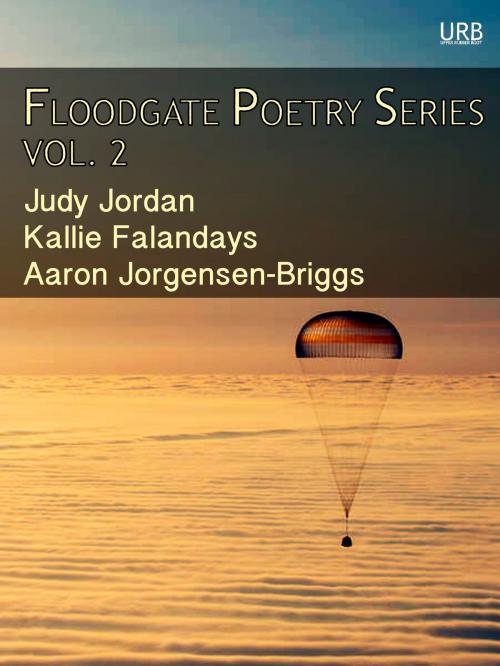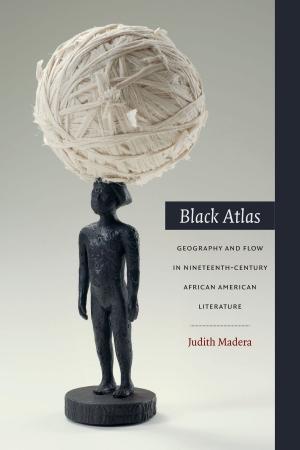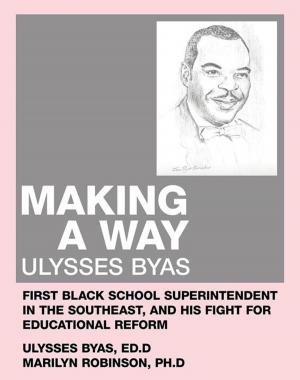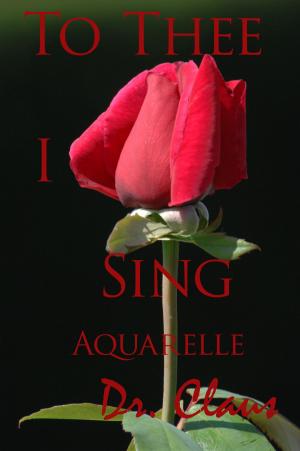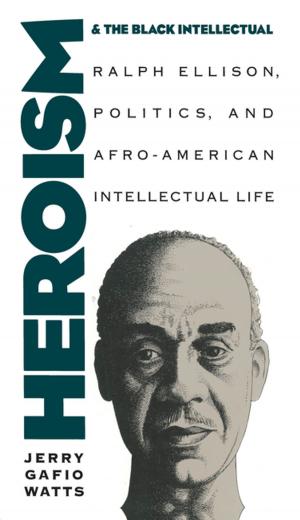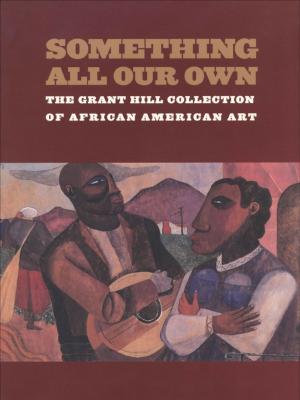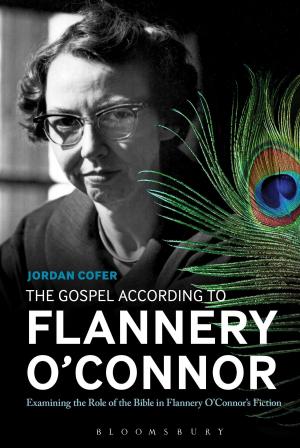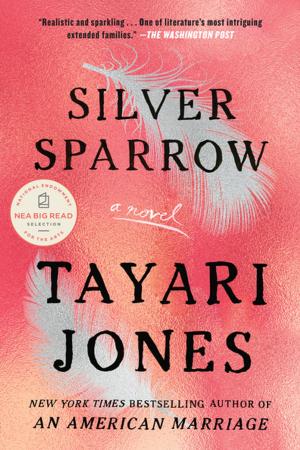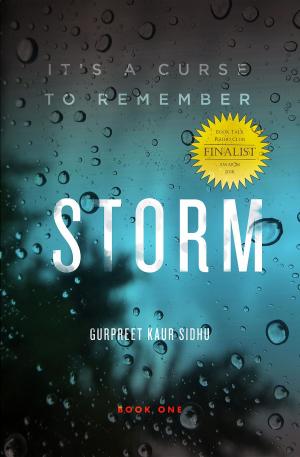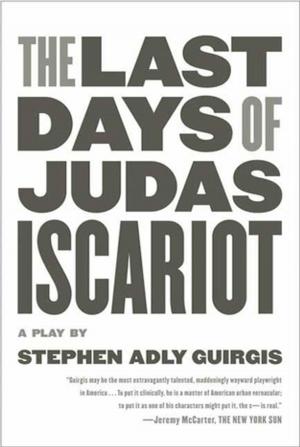| Author: | Judy Jordan, Kallie Falandays, Aaron Jorgensen-Briggs | ISBN: | 9781937794392 |
| Publisher: | Upper Rubber Boot Books | Publication: | November 17, 2015 |
| Imprint: | Language: | English |
| Author: | Judy Jordan, Kallie Falandays, Aaron Jorgensen-Briggs |
| ISBN: | 9781937794392 |
| Publisher: | Upper Rubber Boot Books |
| Publication: | November 17, 2015 |
| Imprint: | |
| Language: | English |
This is the second volume in the Floodgate Poetry Series, an annual series of books collecting three chapbooks by three poets in a single volume, edited by Andrew McFadyen-Ketchum. Chapbooks—short books under 40 pages—arose when printed books became affordable in the 16th century. The series is in the tradition of 18th and 19th century British and American literary annuals, and the Penguin Modern Poets Series of the 1960s and ’70s.
Kallie Falandays‘ debut collection of poetry, Tiny Openings Everywhere, distorts reality and the many ways we perceive it with a raucous, almost violent brand of play in poems more interested in questioning reality than nailing it down. At times breathtaking, others delightfully perplexing, these verses are as quixotic and witty as they are essential and damning. Falandays received her MFA from Wichita State University in 2015. She writes copy by day and runs a small editing business, telltellediting.com, by night from her home in Philadelphia.
Score for a Burning Bridge, Aaron Jorgensen-Briggs‘ debut collection of poems, examines politics, loneliness, and doubt in poems that startle the intellect and imagination. In these intimate meditations, Jorgensen-Briggs explores the modern world and searches (as so many of us do) for his place in it with a singular voice and vision. Jorgensen-Briggs received his MFA from New York University in 2007, spent two months in Palestine working with the International Solidarity Movement, and currently works with Iowa Citizens for Community Improvement and live in the Des Moines Catholic Worker Community.
Judy Jordan‘s Hunger chronicles Jordan’s time living in a greenhouse in Virginia that continues (and nearly concludes) the story she started in her first two books, Carolina Ghost Woods and 60¢ Coffee and a Quarter to Dance. Hunger cements Jordan’s status as an expert of the vertical narrative in lyrical style and is the first collection she’s published in eleven years. Jordan teaches creative writing in the MFA program at Southern Illinois University Carbondale where she lives off the grid in the heart of the Shenandoah National Forest in an eco-friendly, earthbag house she built by hand.
Reviews of Floodgate Poetry Series Vol. 2:
Welcome to the Kallieverse, which shares the everyday pleasures and perils of our world, but seems to obey slightly different laws of physics and tilts its language in new intriguing ways. It’s the twin of our cosmos, separated from ours at the Big Bang—and happily, Ms. Falandays has reunited them.
—Albert Goldbarth, on Kallie Falandays’ Tiny Openings Everywhere
There is a stillness and attentiveness in Aaron Jorgensen-Briggs’s Score for a Burning Bridge, an abiding quiet, as if the poems are trying not to scare something wild nearby. In this stillness you can hear “the purr of locusts” and “dusk, quiet / as a coat on a hook.” But as you travel deeper into this stunning collection to where “the map is lost / inside the act of folding”—you see, of course, that the poems are wild themselves.
—Maggie Smith, on Aaron Jorgensen-Briggs’s Score for a Burning Bridge
This is a great American poem. Jordan tells the truth of a life as split open by the world—by life on this earth with other kinds of beings, human and other, with dreams and ghosts, machinery, between the visible and invisible. The language is thick, allusive, rich, dense. She turns scalding materials into gorgeous art.
—Adrienne Rich, on Judy Jordan’s Hunger
This is the second volume in the Floodgate Poetry Series, an annual series of books collecting three chapbooks by three poets in a single volume, edited by Andrew McFadyen-Ketchum. Chapbooks—short books under 40 pages—arose when printed books became affordable in the 16th century. The series is in the tradition of 18th and 19th century British and American literary annuals, and the Penguin Modern Poets Series of the 1960s and ’70s.
Kallie Falandays‘ debut collection of poetry, Tiny Openings Everywhere, distorts reality and the many ways we perceive it with a raucous, almost violent brand of play in poems more interested in questioning reality than nailing it down. At times breathtaking, others delightfully perplexing, these verses are as quixotic and witty as they are essential and damning. Falandays received her MFA from Wichita State University in 2015. She writes copy by day and runs a small editing business, telltellediting.com, by night from her home in Philadelphia.
Score for a Burning Bridge, Aaron Jorgensen-Briggs‘ debut collection of poems, examines politics, loneliness, and doubt in poems that startle the intellect and imagination. In these intimate meditations, Jorgensen-Briggs explores the modern world and searches (as so many of us do) for his place in it with a singular voice and vision. Jorgensen-Briggs received his MFA from New York University in 2007, spent two months in Palestine working with the International Solidarity Movement, and currently works with Iowa Citizens for Community Improvement and live in the Des Moines Catholic Worker Community.
Judy Jordan‘s Hunger chronicles Jordan’s time living in a greenhouse in Virginia that continues (and nearly concludes) the story she started in her first two books, Carolina Ghost Woods and 60¢ Coffee and a Quarter to Dance. Hunger cements Jordan’s status as an expert of the vertical narrative in lyrical style and is the first collection she’s published in eleven years. Jordan teaches creative writing in the MFA program at Southern Illinois University Carbondale where she lives off the grid in the heart of the Shenandoah National Forest in an eco-friendly, earthbag house she built by hand.
Reviews of Floodgate Poetry Series Vol. 2:
Welcome to the Kallieverse, which shares the everyday pleasures and perils of our world, but seems to obey slightly different laws of physics and tilts its language in new intriguing ways. It’s the twin of our cosmos, separated from ours at the Big Bang—and happily, Ms. Falandays has reunited them.
—Albert Goldbarth, on Kallie Falandays’ Tiny Openings Everywhere
There is a stillness and attentiveness in Aaron Jorgensen-Briggs’s Score for a Burning Bridge, an abiding quiet, as if the poems are trying not to scare something wild nearby. In this stillness you can hear “the purr of locusts” and “dusk, quiet / as a coat on a hook.” But as you travel deeper into this stunning collection to where “the map is lost / inside the act of folding”—you see, of course, that the poems are wild themselves.
—Maggie Smith, on Aaron Jorgensen-Briggs’s Score for a Burning Bridge
This is a great American poem. Jordan tells the truth of a life as split open by the world—by life on this earth with other kinds of beings, human and other, with dreams and ghosts, machinery, between the visible and invisible. The language is thick, allusive, rich, dense. She turns scalding materials into gorgeous art.
—Adrienne Rich, on Judy Jordan’s Hunger
